Trump Floats Deporting US Citizen Criminals to El Salvador
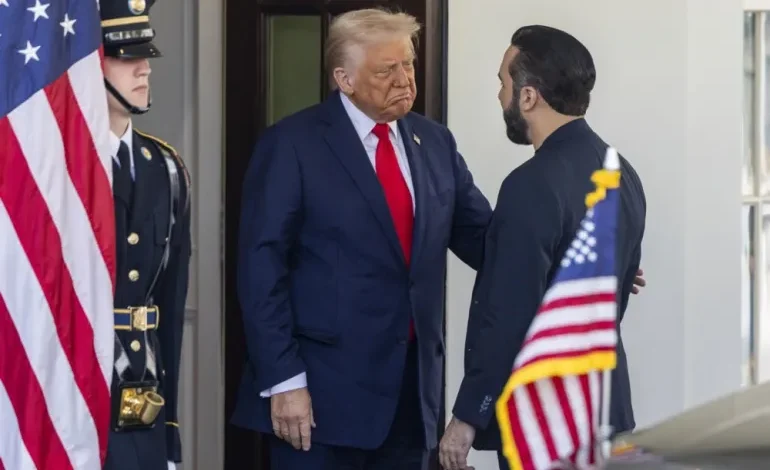
President Donald Trump announced the US is exploring the possibility of deporting American citizens convicted of violent crimes to El Salvador, to serve their sentences in the Central American nation, Al Jazeera reports.
The controversial proposal, unveiled during a White House meeting with El Salvadorian President Nayib Bukele on Monday, would target “homegrown criminals” and hinges on the legality of such a move.
“We always have to obey the laws, but we also have homegrown criminals… that are absolute monsters,” Trump told reporters. “I’d like to include them in the group of people to get them out of the country, but you’ll have to be looking at the laws on that.”
This announcement follows previous statements from Trump expressing enthusiasm for the idea after President Bukele indicated El Salvador was open to housing US prisoners. White House Press Secretary Karoline Leavitt clarified last week that Trump had “simply floated” the proposal.
However, the timing of the announcement is particularly sensitive, as it coincides with ongoing criticism surrounding the wrongful deportation of Kilmar Abrego Garcia, a Salvadoran man who was living in Maryland with his family. Despite a 2019 court order granting Abrego Garcia protection from deportation, he was deported to El Salvador and is currently imprisoned in the notorious CECOT prison.
The US Supreme Court previously instructed the Trump administration to facilitate Abrego Garcia’s return to the US. However, the administration maintains that his fate is up to El Salvador and continues to assert, without presenting concrete evidence or convictions, that Abrego Garcia is a member of the MS-13 gang.
During Monday’s meeting, President Bukele firmly stated that El Salvador would neither return Abrego Garcia to the US nor release him within El Salvador. President Trump responded by saying he had no intention of requesting Abrego Garcia’s release.
The proposal to deport US citizens raises significant legal and ethical questions, including constitutional rights regarding citizenship and due process. Critics argue that the idea is legally dubious and potentially violates international human rights conventions.
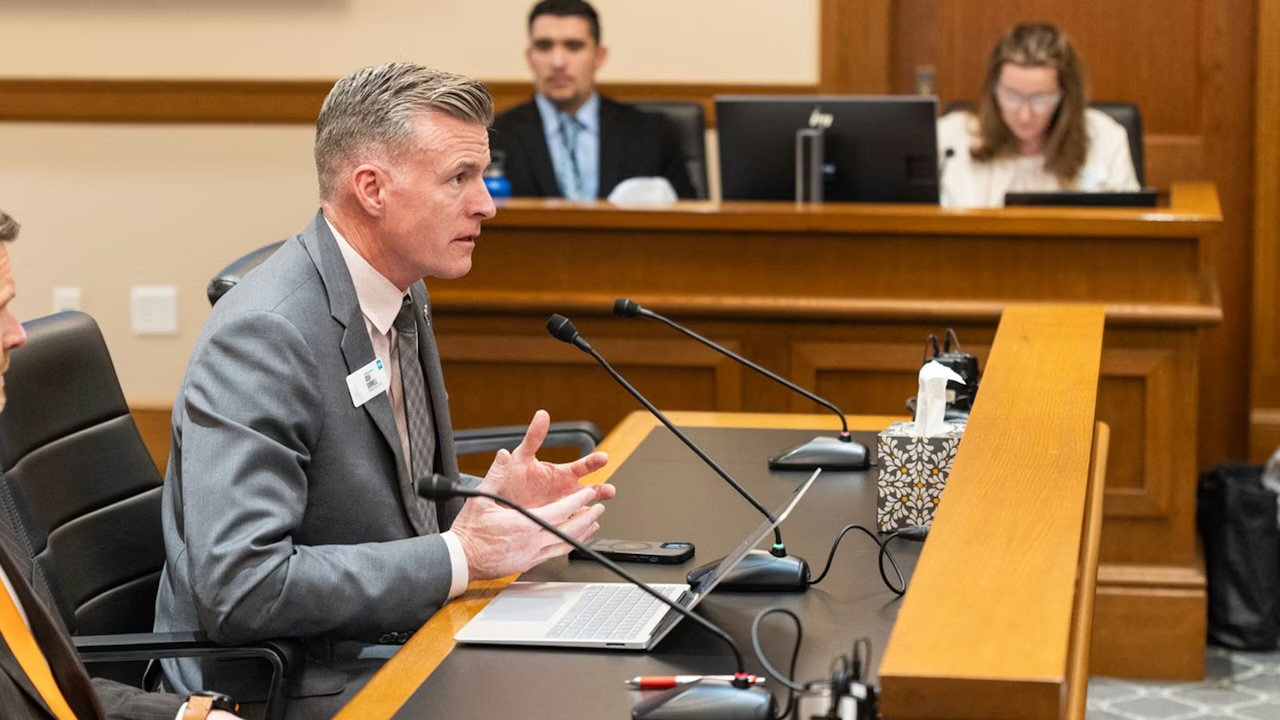
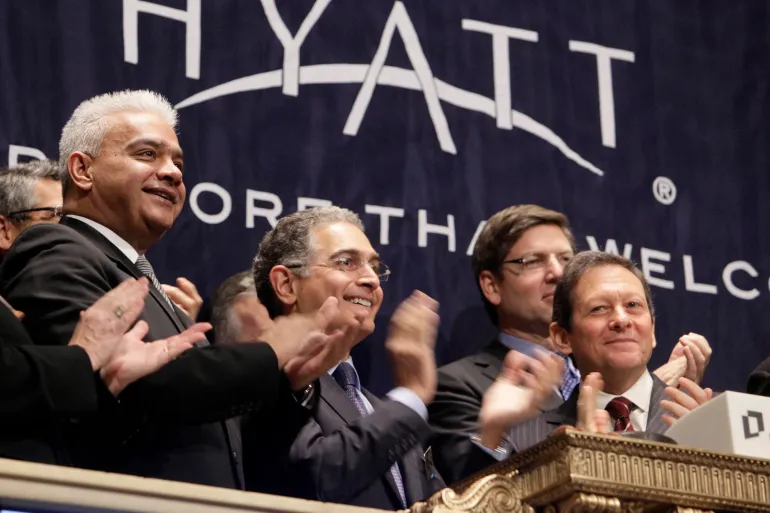

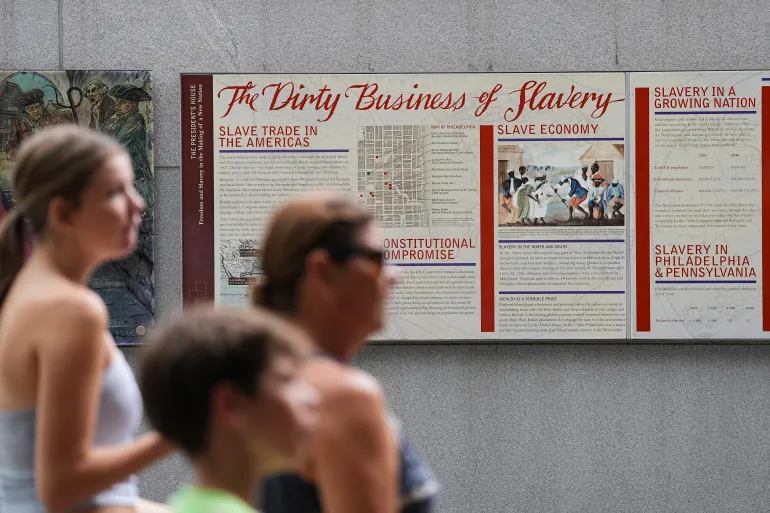
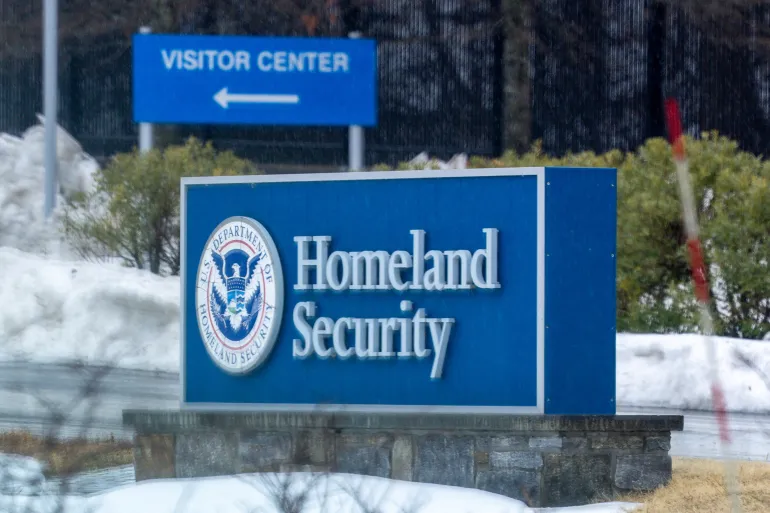




The latest news in your social feeds
Subscribe to our social media platforms to stay tuned